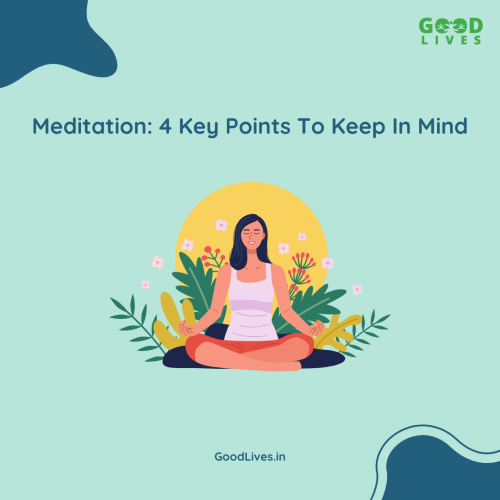
Are you someone who is trying to make meditation a daily habit? Are you someone who is trying to find the right way to meditate daily?
Meditation is an age-old practice and is often misunderstood to the core. And even if we understand it, we cannot execute it the right way. But if you approach it appropriately, meditation could turn into a life-changing practice that brings you numerous mental, emotional, and spiritual advantages. Before this, let us understand, in simple language, what meditating truly means.
What is Meditation?
At its core, meditation is more than just sitting quietly. It is a practice where an individual tries to achieve mental awareness and tries to achieve a state of mental clarity and emotional calmness. Understanding the underlying idea of what meditation can do, and why one is engaging in it as well as the practice is necessary for proper meditation.
4 Key Points To Keep In Mind Before Engaging In Meditation
1. Proper Posture in Meditation Matters a Lot
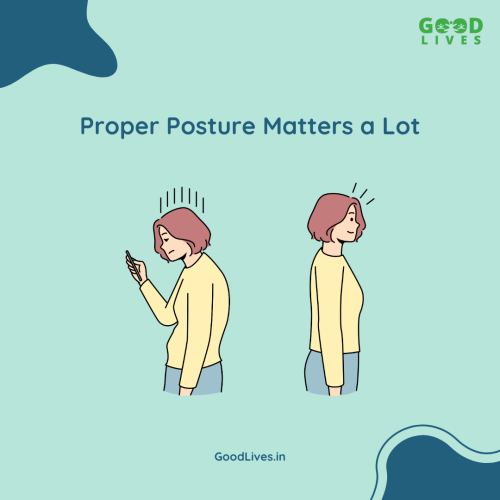
Making sure your posture is in alignment is the first step to practicing proper reflection. Maintaining good posture is essential for preserving the energy flow through your body and avoiding pain during extended sessions.
So, if you are starting to meditate, or the next time you meditate, make sure that you find a comfortable position. You can meditate while sitting on the floor, in a chair, or any place where you feel comfortable, and your body feels relaxed. Make sure that your muscles are relaxed and stress-free.
Try to place your hands on your knees on your knees oy your lap to feel more comfortable. Sit straight, keep your head in line with your spine, and close your eyes, so that you can focus inward. If you choose to open your eyes and meditate, try maintaining a soft gaze.
2. How You Breathe Matters a Lot
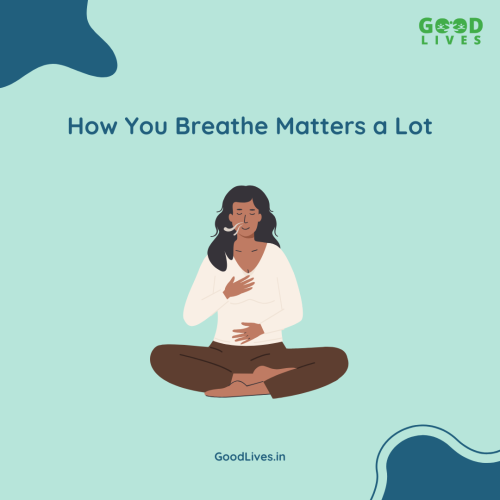
One essential component of mindfullness is breathing. It centers your thoughts and brings your consciousness back to the here and now. The quality and depth of your meditation can be greatly influenced by the way you breathe.
Begin by taking deep and slow breaths. Inhale deeply through your nose and then exhale slowly and completely. To focus completely on the moment, concentrate on your breathing. If it gets difficult to focus, count your breaths. Inhale (1), exhale (2), and continue up to 10. Then start again. This technique helps prevent your mind from wandering.
3. Mindfulness and Mental Focus
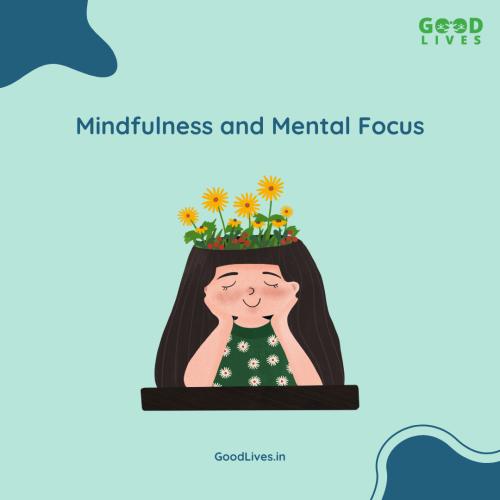
Meditation done correctly involves the mind in addition to the body. Being present and involved in the moment, but remaining detached from your thoughts and feelings, is the discipline of mindfulness.
As humans, it is completely okay to have certain distractions and thoughts while meditating; instead of trying to divert them or suppress them, acknowledge them and try to let them pass gently, getting your attention back to yourself. Sometimes, a mantra helps a lot.
A mantra is a word or phrase that is repeated. It might be as straightforward as “peace” or “I am at ease.” Reciting a mantra might help you focus and stop your thoughts from straying.
Another way to make sure that your focus is in the now is by visualizing. You can visualize anything that gives you peace. Picture yourself in a serene environment, or picture light filling your body with each inhale, bringing serenity and relaxation.
4. Consistency is Key
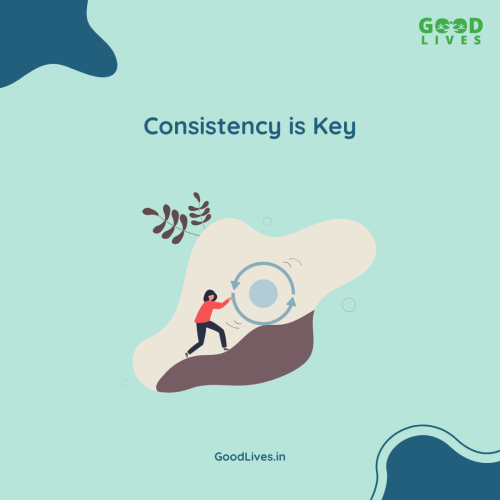
Meditation is most effective when practiced regularly. Your mental and emotional health can significantly improve with even a short daily commitment.
So if you are a beginner, choose a time each day to meditate and follow that schedule rigorously. Start with 5-10 minutes daily, and gradually, try to increase the duration as you become more comfortable. Make sure that you create a designated space that is quiet, free of distractions, and comfortable.
Everything takes time. Your progress in meditation might be slow at first, but that is completely fine. To be good at something, you need a lot of Mastering the art of meditation will take a lot of time, patience, and dedication.
Being patient and refraining from criticizing how you are meditating is crucial. With time and consistent practice, the advantages of reflection, such as improved serenity and mental clarity, will become apparent.
Starting your meditation journey? The GoodLives App makes it simple and consistent. With a rich library of guided meditations, breathing techniques, and daily reminders, it helps you build a routine that calms the mind and nurtures inner peace — one session at a time.
0 Comments